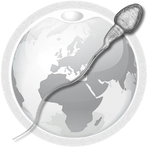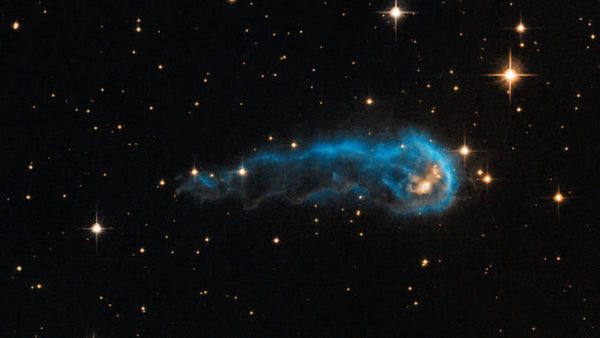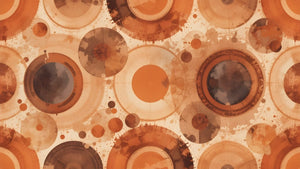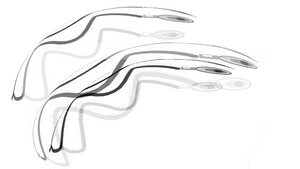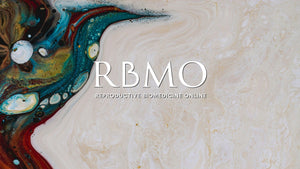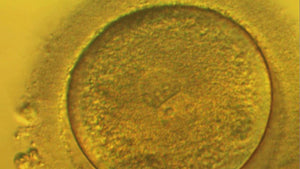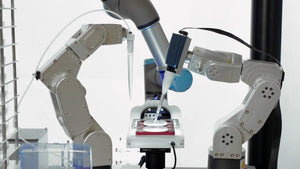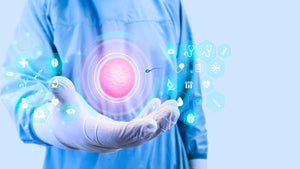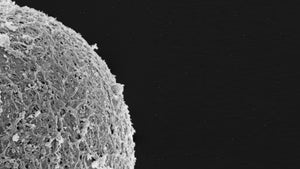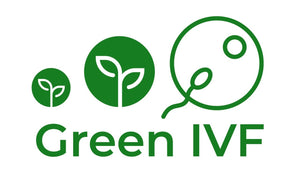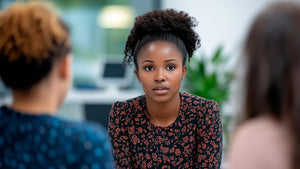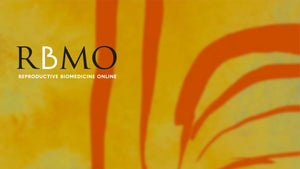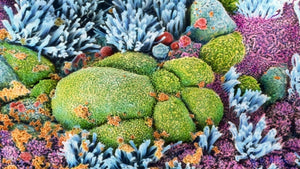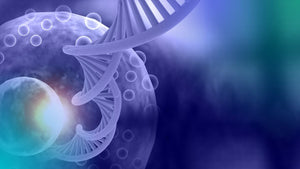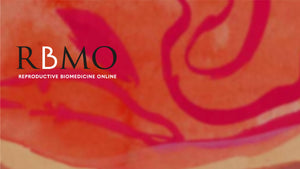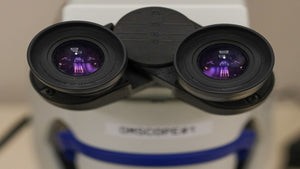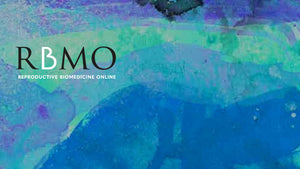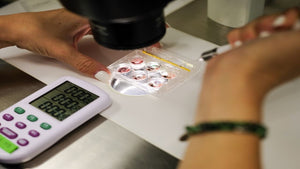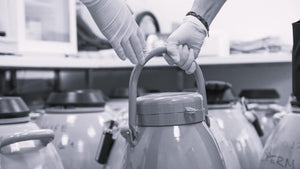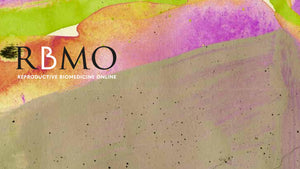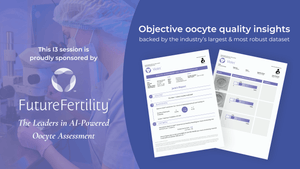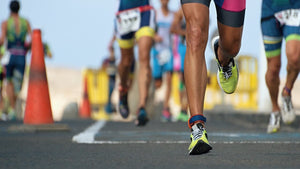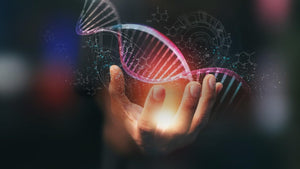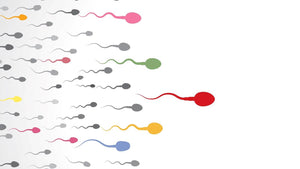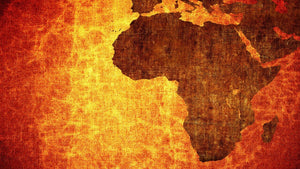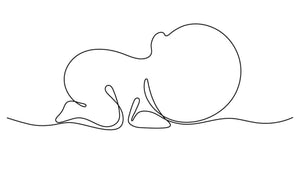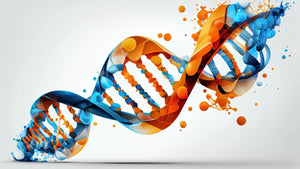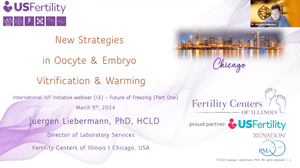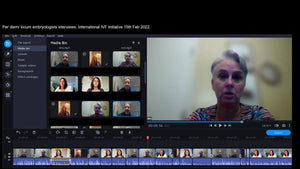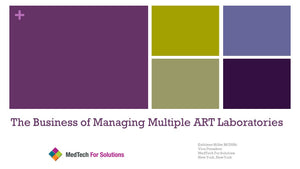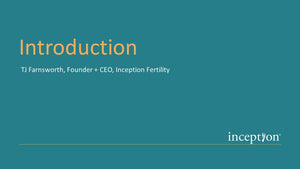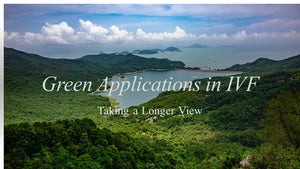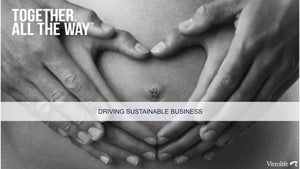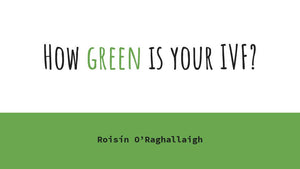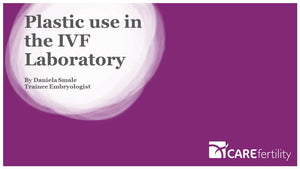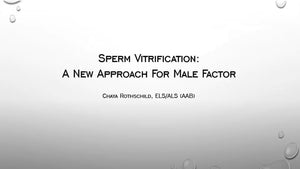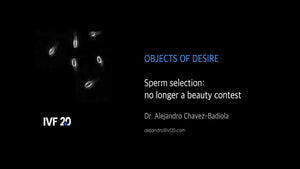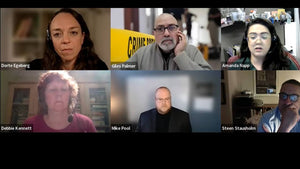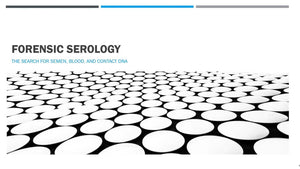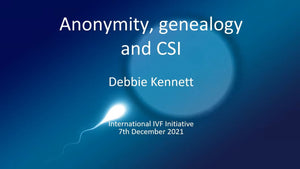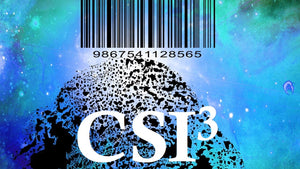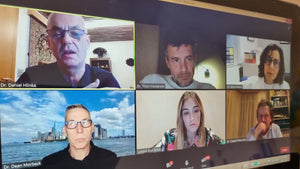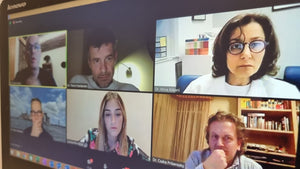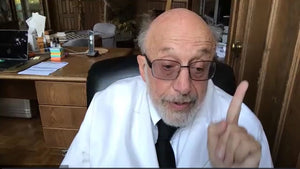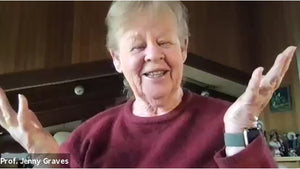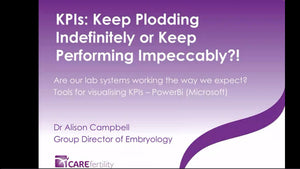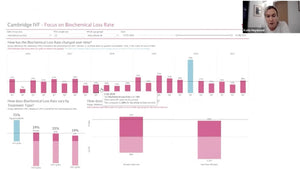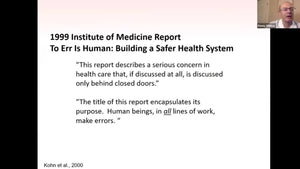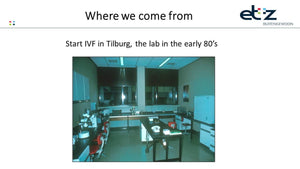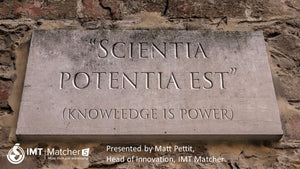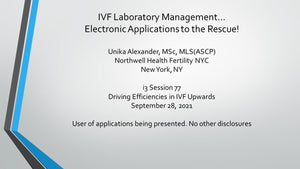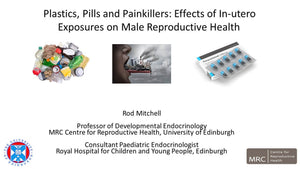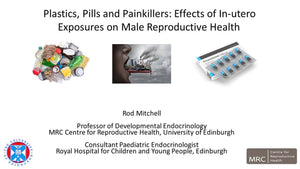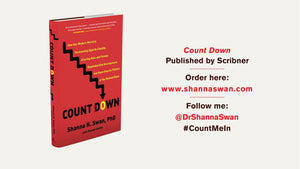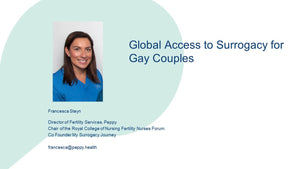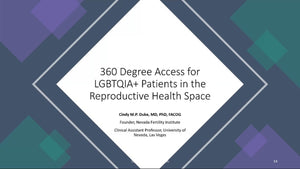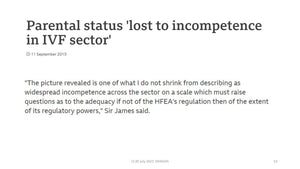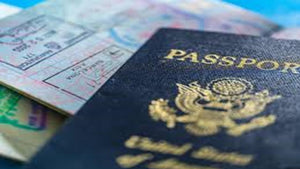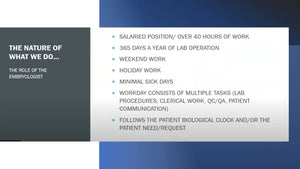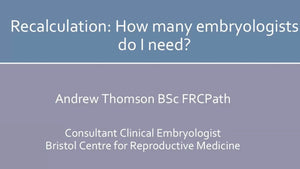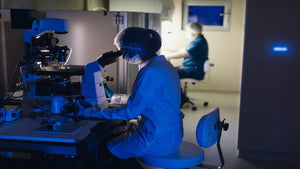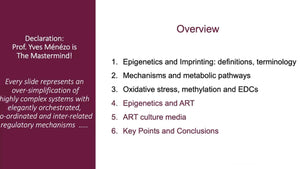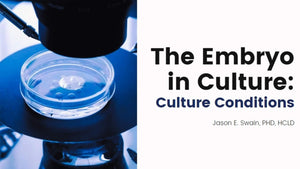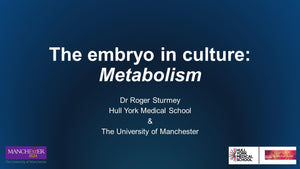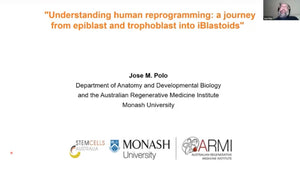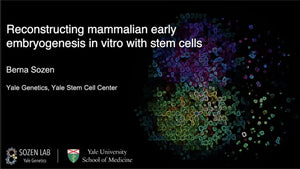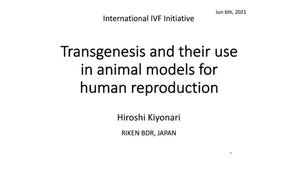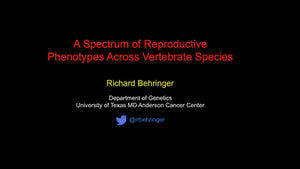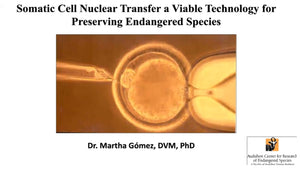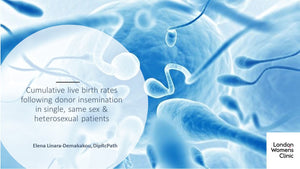Session 37: Reproductive BioMedicine In Space

Donate
At the International IVF Initiative, we are committed to providing free access to our educational sessions, webinars, and resources for professionals and individuals passionate about advancing reproductive medicine. We believe that cost should never be a barrier to knowledge and collaboration. By contributing, you’re ensuring that valuable educational resources, expert insights, and collaborative opportunities remain open to all without financial barriers. Together, we can continue to foster a global community dedicated to innovation and excellence in the field of IVF.
Your Donation
Thank you!
Session 37: Reproductive BioMedicine In Space
Tuesday 13 October, 2020. 8PM GMT / 9PM CET / 3PM EST
Moderators: Dr. Liesl Nel-Themaat & Giles Palmer
Space: The Final Frontier for Physiology
Dr. Virginia Wotring
Birth Control, Blood Clots, and Babies in Space
Dr. Varsha Jain
Space Environment Significantly Alters Sperm Functions: The Micro-11 Investigation Conducted aboard the International Space Station
Dr. Fathi Karouia
Reproduction in Space: In Vivo and Cross-Generational Effects of Microgravity and Space Radiation
Dr. Sheela Sadruddin
Dr. Virginia Wotring

Virginia Wotring has been using her training in biochemistry (BS, Florida State University), physiology & pharmacology (PhD, Saint Louis University, USA) to study the actions of medications used during spaceflight missions. This means first studying the effects of the spaceflight environment on physiology and then turning to potential spaceflight-induced changes in pharmacokinetics and pharmacodynamics. Virginia has been doing this during positions at Johnson Space Center and Baylor College of Medicine in Houston TX, and now at the International Space University in Strasbourg France. She had held management positions in the past, most recently as Deputy Director and Chief Scientist of the NASA-funded Translational Research Institute for Space Health, however she prefers doing science to managing it.
Dr. Varsha Jain

Dr Varsha Jain completed an Intercalated BSc focusing on extreme environments medicine in 2006 from University College London. She graduated medical school from Imperial College London in 2008 and obtained an MSc in Space Physiology and Health from King’s College London in 2012. She has since been awarded an NIHR Academic Clinical Fellowship (2012- 2016) and is currently a Wellbeing of Women Clinical Research Training Fellow. Varsha is currently researching the endometrial phenotype in women with Abnormal Uterine Bleeding at the University of Edinburgh. Alongside her academic pursuits, she is a clinical doctor training in obstetrics and gynaecology.
Over the past 13 years, Varsha has paved a research path for herself in women’s health in space. This has involved various placements at NASA Johnson Space Center where she has worked alongside leading scientists and researchers in the field of space medicine to establish an academic approach to women’s health in this niche field.
Dr. Fathi Karouia

Dr. Fathi Karouia is senior research scientist within the Astrobiology and Space Sciences Divisions at NASA Ames Research Center (Silicon Valley, CA). Dr. Karouia conducts research related to astrobiology, space biology, and human spaceflight. In particular, he is interested in 1) life beyond Earth and how biological systems respond to the space environment, 2) understanding and mitigating the effects of space radiation on astronaut’s health, and 3) developing high-throughput technology for in-situ space research. Until recently and in addition to his research activities, Dr. Karouia was the Space Biology Non-Rodent Portfolio Lead Scientist and a Mission Scientist at NASA. As such, he oversaw all investigations conducted aboard the International Space Station and managed by the Space Biology program. Additionally, he helped Principal Investigators selected by NASA Space Life and Physical Sciences to design, develop, and implement biological experiments aboard the International Space Station. Dr. Fathi Karouia received a PhD in biology from the University of Houston, a Master degree in Space Studies from the International Space University, a Master degree in Space Technologies from Louis Pasteur University, a Master degree in Physics and a Bachelor Degree in Physics and Chemistry from Henri Poincare University.
Dr. Sheela Sadruddin

Sheela Sadruddin has been a part of human IVF since 2008. Since then she completed her master's degree in Clinical Embryology and Andrology at the Jones Institute of Eastern Virginia Medical School in 2013 and her PhD in Developmental Biology from the University of North Texas in 2018. During her graduate studies, her research focus was on E-Cadherin and its role in trophectoderm grafts from sibling embryos as well as the application of Artificial Intelligence (AI) and predictive modeling to aid in identification of critical values in IVF treatments. AI application in IVF would allow for efficient real-time aid in the clinical decisions process for factors such as maximum allowable gonadotropin doses to optimize outcome. She is certified as a High Complexity Laboratory Director and a Technical Supervisor by the American Board of Bioanalysts. She has served as an inspector for College of American Pathologists (CAP) and has experience as a Clinical Consultant. She has served as a panelist for NASA's space biology research program as well as worked with the United Nations as an expert reviewer for proposals submitted related to the PCR testing platforms for SARS-CoV-2. She is currently the Laboratory Director for IVF laboratories in Frisco, TX and San Francisco, CA. She has published several abstracts and continues to publish in peer review journals. She has served as a scientific advisory board member for College of Reproductive Biology (CRB) and EmbryVu genetics laboratory. She enjoys traveling and discovering different cultures as the time allows.
